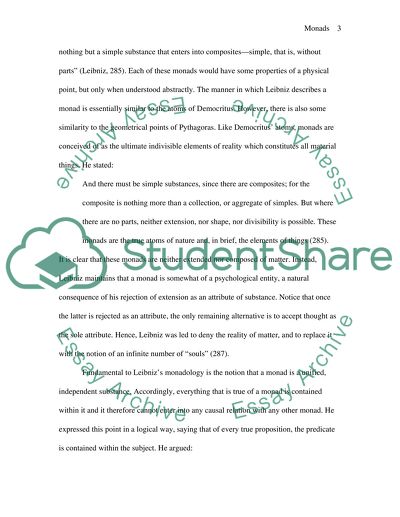Cite this document
(“Philosophy Essay Example | Topics and Well Written Essays - 1250 words - 12”, n.d.)
Retrieved de https://studentshare.org/miscellaneous/1546487-philosophy
Retrieved de https://studentshare.org/miscellaneous/1546487-philosophy
(Philosophy Essay Example | Topics and Well Written Essays - 1250 Words - 12)
https://studentshare.org/miscellaneous/1546487-philosophy.
https://studentshare.org/miscellaneous/1546487-philosophy.
“Philosophy Essay Example | Topics and Well Written Essays - 1250 Words - 12”, n.d. https://studentshare.org/miscellaneous/1546487-philosophy.


